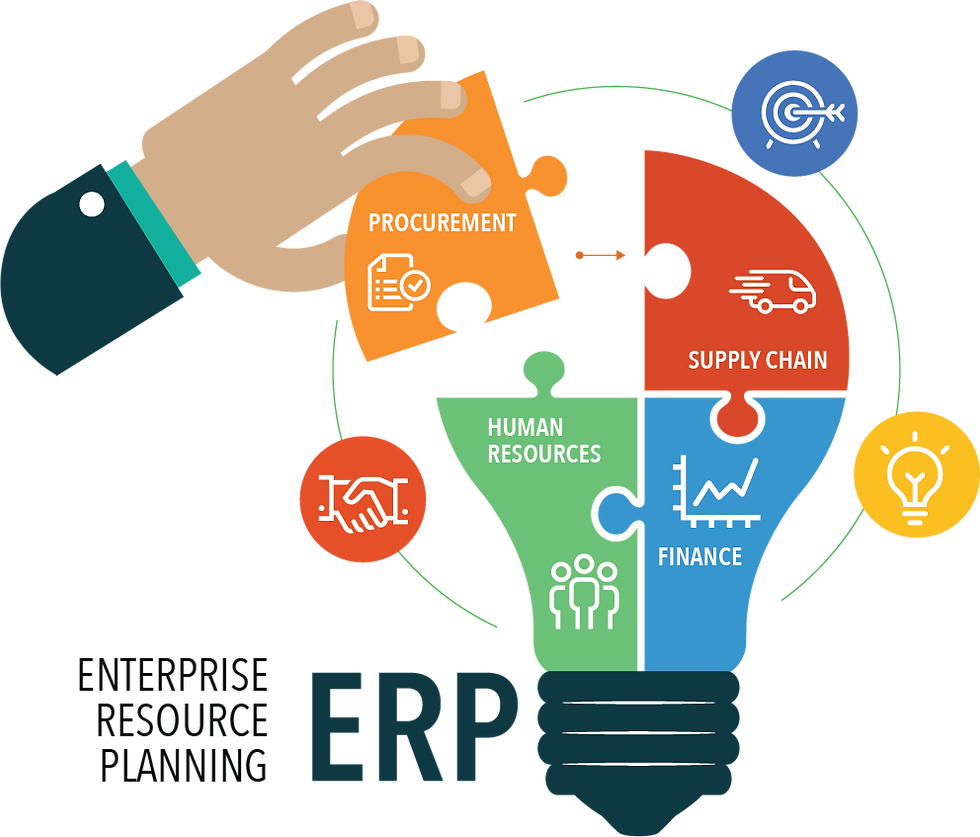Streamline Your Business with an Employee Management System
- solutionscakiweb
- Nov 1, 2023
- 2 min read
Introduction:
In today's fast-paced business environment, the effective management of employees is crucial for success. An Employee Management System (EMS) is a powerful tool that can help businesses of all sizes optimize their workforce, streamline operations, and boost productivity. In this blog post, we will explore the benefits and features of an Employee Management System and discuss how it can revolutionize the way you manage your team.

What is an Employee Management System?
An Employee Management System, often referred to as Human Resource Management System (HRMS) or Human Capital Management (HCM) software, is a comprehensive solution designed to centralize and automate various HR and employee-related tasks. These errands can incorporate however are not restricted to:
Employee data management
Attendance and time tracking
Payroll processing
Performance evaluation and feedback
Recruitment and onboarding
Training and development
Leave management
Compliance and reporting
Key Features of an Employee Management System:
A well-implemented Employee Management System should offer the following key features to enhance your business operations:
a. Employee Database Management:
Maintain detailed employee records
Store personal, contact, and job-related information
Track historical data, such as promotions and salary adjustments
b. Attendance and Time Tracking:
Monitor employee attendance and working hours
Easily generate timesheets and payrolls
Automate leave requests and approvals
c. Payroll Processing:
Calculate and process employee salaries
Manage tax deductions and other statutory requirements
Generate pay stubs and reports
d. Performance Evaluation and Feedback:
Set performance goals and KPIs
Conduct regular performance reviews
Collect and store feedback and evaluations
e. Recruitment and Onboarding:
Post job openings and receive applications online
Streamline the hiring process with applicant tracking
Simplify employee onboarding with digital forms and training materials
f. Training and Development:
Identify skill gaps and training needs
Track training sessions and certifications
Foster continuous learning and professional development
g. Leave Management:
Allow employees to request time off online
Automate leave approvals and balance calculations
Ensure accurate leave accruals and compliance with labor laws
Benefits of Using an Employee Management System:
Implementing an Employee Management System can bring numerous advantages to your business, including:
a. Increased Efficiency: Streamline HR processes, reducing manual paperwork and administrative overhead.
b. Enhanced Accuracy: Reduce errors in payroll, attendance tracking, and compliance, leading to greater precision.
c. Better Decision-Making: Access real-time data and analytics to make informed HR and workforce decisions.
d. Improved Employee Engagement: Provide self-service options, empower employees, and boost job satisfaction.
e. Compliance and Reporting: Easily meet legal and regulatory requirements with automated reporting and record-keeping.
f. Scalability: Adapt and grow your system as your business expands, making it suitable for companies of all sizes.
Conclusion:
In the modern business landscape, an Employee Management System is no longer a luxury but a necessity. It can streamline your HR processes, empower your employees, and ultimately contribute to your company's success. If you haven't already considered implementing an EMS, now is the time to explore the options available and choose a solution that best fits your organization's needs.



Comments